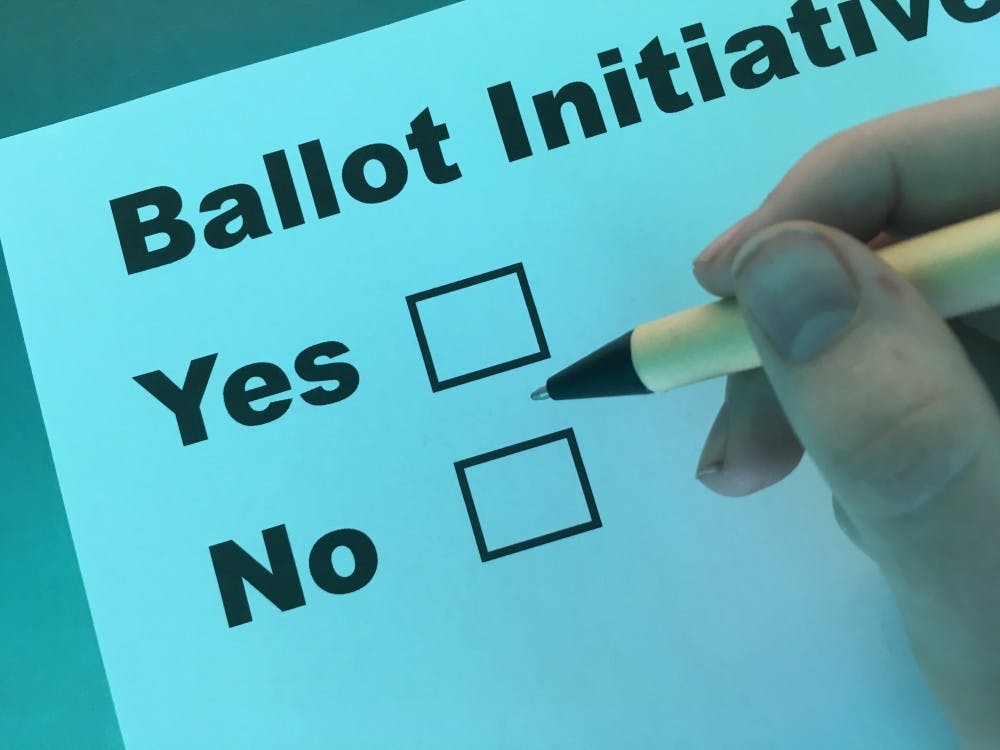HB2404 is a house bill which will make it more difficult for Arizonans to exercise their right to create ballot initiatives. This bill is at 50 percent progression in the legislature and has a pretty likely chance of being passed.
The bill would make it more expensive to get voter initiatives on the ballot, which is detrimental to college students' abilities to participate in the direct democracy process.
Ballot initiatives are a right given to us by Arizona’s Constitution (CQ). They are a way in which voters can exercise direct democracy by publicly voting on a statue or amendment. To do this, a petition needs to get a certain amount of signatures before it is able to be on the ballot.
Voters would have to pay a fee in order to register for ballot collection as well as pass comprehensive background checks, making it significantly more difficult to get involved with local politics.
According to the Arizona Capitol Times, signature gatherers would also be barred from receiving pay on a per-signature basis.
By making signature collection more expensive, it would increase costs of having a ballot initiative in the first place. This would make it much harder for smaller, grassroots organizations to get involved with the direct democracy process.
It is also unlikely that an organization run by college students will have enough money to get an initiative on the ballot under this law.
“If students want to legalize marijuana, raise the minimum wage, recall an elected official, this is going to be a major obstacle” Zak Ghali, president of the Young Democrats at ASU, said.
Students should be concerned with HB2404. We need to ensure that we are still able to have our right to ballot initiatives in the future, without them being too expensive or complicated.
On Nov. 8, 2016 Arizonans had the opportunity to vote on Proposition 205, which would have legalized marijuana, and Proposition 206, which proposed a raise in the minimum wage.
Ultimately, while Prop. 205 failed, Prop. 206 passed, raising Arizona’s minimum wage to $10 dollars this year.
This angered the Arizona legislature, which was opposed to raising the minimum wage. HB2404 is their response to Prop. 206, as it aims to curb voter's ability to create ballot measures by making signature collection more expensive than it already is.
It really should not be a partisan issue. The ability to have ballot initiatives is a constitutionally guaranteed right for Arizonans.
HB2404 may not take away your right to try to put an initiative in the ballot, but it does aim to make it harder for you to do so.
As students become more politically involved these preventative measures will affect us more and more.
It doesn’t matter if you think that raising the minimum wage was a good idea or not or what party you align with, but your ability to participate in the political process does matter.
Reach the columnist at morganbwillis@gmail.com or follow @Morganwillis37 on Twitter.
Editor’s note: The opinions presented in this column are the author’s and do not imply any endorsement from The State Press or its editors.
Want to join the conversation? Send an email to opiniondesk.statepress@gmail.com. Keep letters under 300 words and be sure to include your university affiliation. Anonymity will not be granted.
Like The State Press on Facebook and follow @statepress on Twitter.




